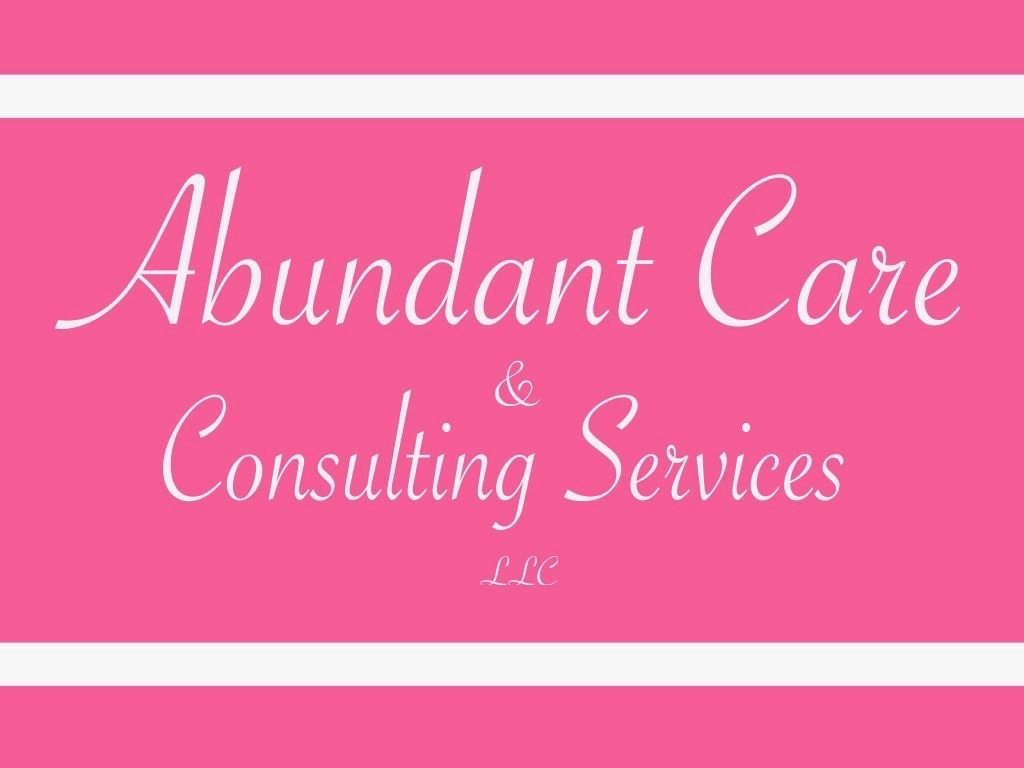FAQs
What should you expect in the first therapy session?
The process starts with a thorough intake assessment. This is a 90-min session in which we will assess your current situation, needs, and goals. The first session will consist of you telling your story of why you’re seeking counseling. We will also ask several questions throughout the first session to help get a better picture of your situation and how we can best meet your needs. Think of it like your first visit to a medical doctor or a mechanic – they’re mostly listening to what you’re saying is wrong so they can help. Many people find a lot of relief even in the first session! From there, we will collaborate on what changes need to happen to best help you. We will then build you a customized treatment plan based on your identified needs and goals. We’ll define acceptable and achievable transformation goals together, as well as consider various techniques for achieving them. Your treatment plan will be our framework for sessions.
Our online video counseling sessions will be private, secure, and conveniently available to clients living in Georgia. We provide a warm, quiet, and welcoming environment in which you can safely explore the aspects of yourself that you want to cultivate and nourish while letting go of behaviors and beliefs that are causing you pain.
What are your rates for therapy?
Initial Intake Assessment 90-minute session: $275
Individual Therapy 50-minute session: $200
Individual Therapy 80-minute session: $250
Family/Couples Therapy 80-minute session: $250
Initially, I meet with most clients for 80 minutes. A longer session allows for deeper work, supports faster progress, and is usually recommended for trauma treatment.
How long does therapy last?
The length of time in therapy varies from person to person.
How can therapy help me?
Participating in therapy has several advantages. Therapists can help with depression, anxiety, relationship problems, unresolved childhood issues, loss, stress management, body image concerns, and creative blocks by providing support, problem-solving skills, and improved coping methods. Counselors can also help with personal growth, interpersonal connections, family concerns, marriage issues, and the stresses of everyday life, according to many people. Therapists can give you a new perspective on a challenging issue or send you in the right way for help. The benefits you get from therapy are determined by how well you use the process and put what you’ve learned into practice. The following are some of the advantages of therapy:
- Attaining a better understanding of yourself, your goals and values
- Developing skills for improving your relationships
- Finding resolution to the issues or concerns that led you to seek therapy
- Learning new ways to cope with stress and anxiety
- Managing anger, grief, depression, and other emotional pressures
- Improving communications and listening skills
- Changing old behavior patterns and developing new ones
- Discovering new ways to solve problems in your family or marriage
- Improving your self-esteem and boosting self-confidence
Why do people go to therapy and how do I know if it is right for me?
There are a variety of reasons why people seek psychotherapy. Some people may be going through a big life transition (unemployment, divorce, new job, etc.) or are unable to cope with stressful situations. Low self-esteem, despair, anxiety, addictions, marital challenges, spiritual conflicts, and creative obstacles are all concerns that some people require help with. Therapy can provide much-needed support as well as skills to assist people get through these difficult times. Others may be at a moment in their lives when they desire to learn more about themselves or be more effective in achieving their goals. In short, persons who seek psychotherapy are prepared to face their issues and make changes in their life.
What is therapy like?
Therapy will differ based on the individual because each person has various issues and goals for therapy. In general, you should anticipate talking about current events in your life, personal history related to your issue, and progress (or any new insights gained) from your prior therapy session. Therapy can be short-term for a specific issue or longer-term to address more difficult habits or your desire for deeper personal development, depending on your specific needs. In either case, it’s most customary to meet with your therapist on a regular basis (usually weekly).
It’s critical to realize that you’ll obtain better outcomes from therapy if you actively participate in it. The goal of therapy is to assist you in applying what you learn in sessions to your daily life. As a result, in addition to the work you do in therapy, your therapist may recommend certain activities you may do outside of therapy to help you with your process, such as reading a relevant book, journaling on specific topics, recording specific habits, or taking action on your goals. People who seek psychotherapy are eager to make positive changes in their life, are open to new ideas, and accept personal responsibility.
What is your cancellation policy?
Please remember to cancel or reschedule 24 hours in advance. You will be responsible for the full session fee if cancellation is less than 24 hours, unless due to an emergency.
Are you seeing clients in-person?
No, all sessions are being held virtually.

